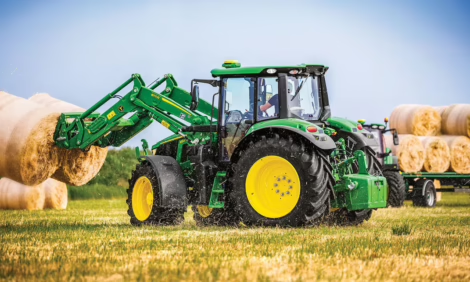



New Animal Breeding Rules Adopted at EU Council
EU - New rules on animal breeding were adopted at the meeting of the EU's agriculture ministers this week in Brussels, aimed at simplifying and harmonising the rules across the EU.The new rules confirm the agreement reached with the European Parliament in December 2015.
They define conditions for breeding, trade in and imports into the European Union of breeding animals and their genetic material.
Bringing together rules for all species
In the past, EU legislation in the area was organised according to species, while the new regulation will provide a single body of provisions for bovine, porcine, ovine, caprine and equine species.
Some aspects of breeding covered in the rules include: the recognition of breeding organisations and private undertakings, the approval of their programmes, the entering of animals in specific breeding books and registers, performance testing and genetic evaluation, and the content of zootechnical certificates.
The new rules aim to avoid obstacles to trade resulting from national implementation of EU laws and overcome existing problems related to cross border activities of approved breed societies.
The Council says the news regulations will help preserve animal genetic resources and protect biodiversity, as well as maintaining traditional regional products. Breed societies and breeding operations will have to meet specific and strict criteria to obtain recognition and approval of their breeding programmes by national authorities.
In the case of an endangered breeds, national authorities could refuse the approval of a breeding programme or even carry out, on a temporary basis, a breeding programme for that breed, thus guaranteeing its promotion.
The regulation will enter into force by mid-2016 and apply as from the second half of 2018.








